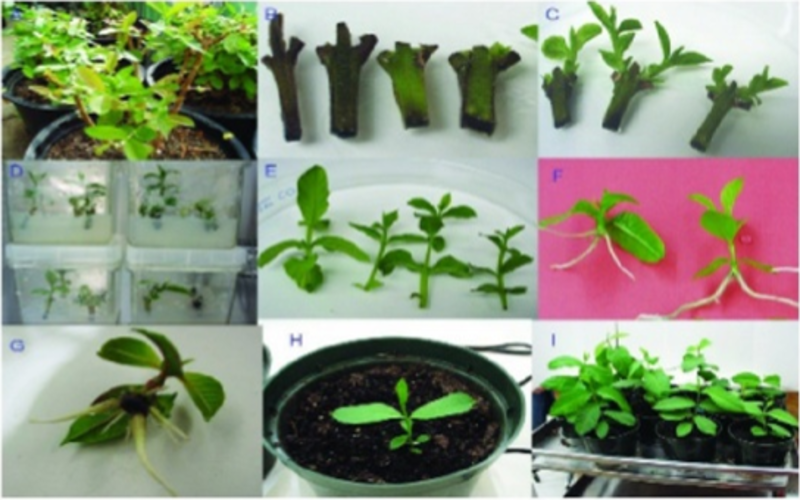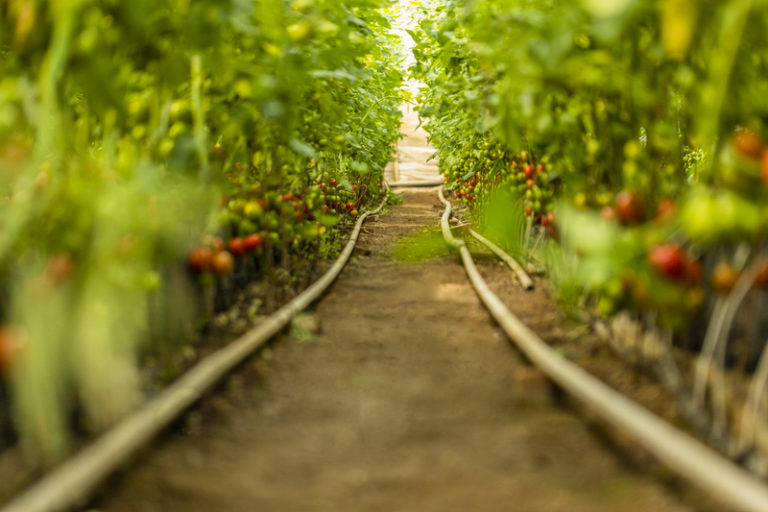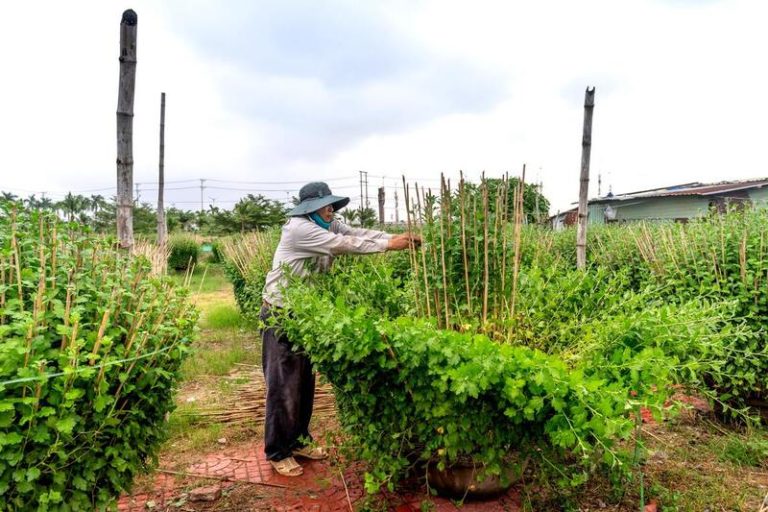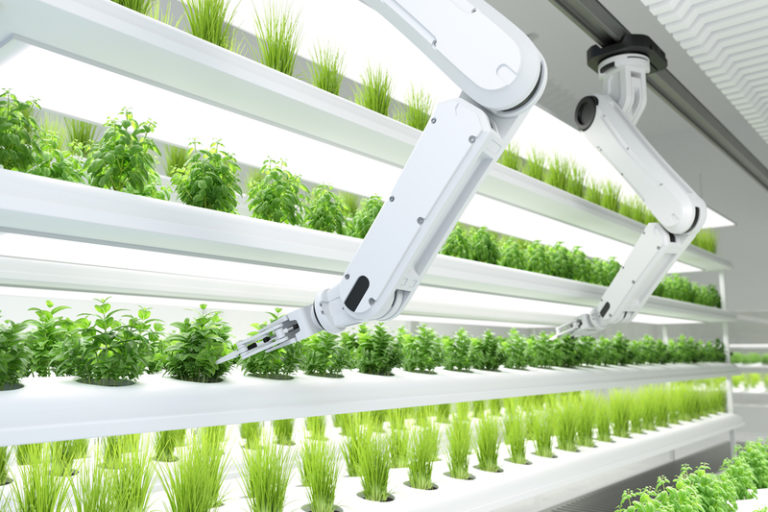Clonal Selection in Plant Breeding: Improving Crop Yield and Quality
Crop productivity, quality, and disease and insect resistance have all been significantly increased via the use of plant breeding. To create crops with desirable features, breeders have employed a variety of techniques over the years, including hybridization and mutation breeding.
Clonal selection is one such approach that has become more popular recently. The technique of clonal selection, its benefits and drawbacks, its applications in crop improvement, and its potential in plant breeding will all be covered in this article.
What is Clonal Selection?
Clonal selection is a technique used in plant breeding where a single, attractive plant is chosen and multiplied based on its traits rather than being grown from seed.
The plants that are produced as a consequence of this technique are guaranteed to contain the required qualities and may be utilized to produce further plants with the same desirable attributes.
Clonal selection focuses on choosing and propagating existing plants rather than producing new ones, setting it apart from other breeding techniques like hybridization and mutation breeding.
Advantages of Clonal Selection:
Clonal selection has several advantages over traditional breeding methods. Some of these advantages include:
Quicker process compared to other breeding methods:
Clonal selection is faster than conventional breeding techniques like hybridization and mutation breeding. This is due to the rapid propagation of plants with advantageous characteristics.
Plants with desired traits can be propagated rapidly:
Breeders can quickly generate a large number of plants with desirable features by using clonal selection. Time and resources are saved as a result.
Plants maintain their genetic characteristics over generations:
Plants that are reproduced by clonal selection have their genetic traits maintained constant across several generations. This guarantees that the offspring will inherit the original plant’s beneficial characteristics.
Disadvantages of Clonal Selection:
Despite its many advantages, clonal selection also has some disadvantages. Some of these disadvantages include:
Limited genetic diversity:
Clonal selection may have reduced the genetic variety of plants, making them more susceptible to mutations and genetic drift.
Plants resulting via clonal selection may be susceptible to genetic drift and mutations since the process includes developing plants from their stems and roots.
Clonal Selection Process:
Clonal selection selects plants with desired qualities like high yield, disease resistance, or beauty. To create new plants with desirable features, stem cuttings or other vegetative methods are used. Clonal selection involves these steps:
Selection of a desirable plant:
The first step in the clonal selection process is to identify a plant with desirable traits.
Propagation through vegetative means: Once a desirable plant has been identified, it is propagated through vegetative means, such as stem cuttings.
Evaluation of propagated plants: After the plants have been propagated, they are evaluated to determine if they have the desired traits.
Selection of best-performing plants for further propagation: The best-performing plants are selected for further propagation.
Applications of Clonal Selection in Plant Breeding:
In crop development initiatives, clonal selection is frequently utilized to create new plant types with desirable features. It has been utilized to increase agricultural productivity, protect plants from disease, and enhance flavor, color, and texture. Bananas, potatoes, strawberries, and grapes are among crops that have benefited through clonal selection.
Benefits of Clonal Selection:
Clonal selection has several benefits over traditional breeding methods. Some of these benefits include:
- Ability to create new varieties with desired traits: Clonal selection lets plant breeders make new types of plants quickly that have the traits they want.
- Improves crop yield and quality: Clonal selection can be used to improve crop yield and quality traits such as flavor, color, and texture. This helps to increase the value of crops and improve their marketability.
- Resistance to disease and pests: By using clonal selection, plants that are resistant to diseases and pests can be made. This helps reduce the need for pesticides and other chemical treatments.
- Sustainability: Clonal selection helps to make agriculture more sustainable by reducing the need for chemical treatments and increasing the number of different kinds of plants and animals.
The Future of Clonal Selection:
In plant breeding, clonal selection is a valuable strategy that is increasingly employed to enhance crops. With the advancement of genetic engineering and molecular biology, clonal selection might be combined with other techniques to create plants with even more desirable characteristics. In the future, clonal selection is projected to play an even greater role in plant breeding and agricultural improvement.
Conclusion:
Clonal selection is a potent strategy for plant breeding that may be used to increase crop output, quality, and disease and pest resistance.
Although though it has certain disadvantages, such as a lack of genetic variety, clonal selection provides numerous advantages over conventional breeding techniques, such as speed and the capacity to maintain desired features for many generations.
As plant breeding continues to evolve, clonal selection will likely remain an essential method for developing new crop varieties with desirable characteristics.
FAQ:
Q: What is clonal selection in plant breeding?
Ans. In plant breeding, clonal selection is a strategy in which a single, attractive plant is chosen and duplicated based on its features, as opposed to being developed from seed.
Q: What are the advantages of clonal selection in plant breeding?
Ans. Clonal selection has several advantages in plant breeding, including a shorter time to harvest, a shorter time to propagate plants with desirable features, and the preservation of such qualities across successive generations.
Q: What are the disadvantages of clonal selection in plant breeding?
Ans. Some of the problems with using clones to breed plants are that it limits genetic diversity and makes plants more likely to get mutations and lose their genes.
Q: What is the process of clonal selection in plant breeding?
Ans. In plant breeding, clonal selection is the process of choosing a desirable plant, making copies of it through vegetative means, evaluating the copies, and choosing the best ones to make more copies of.
Q: What are the applications of clonal selection in plant breeding?
Ans. New plant varieties with desirable features can be bred by clonal selection, as can disease- and pest-resistant plant varieties, improved agricultural yields, and more sustainable farming practices.
Q. What is the future of clonal selection in plant breeding?
Ans. With the development of genetic engineering and molecular biology, clonal selection may be coupled with other strategies to generate plants with even more desired traits. Future projections indicate that clonal selection will play an increasingly larger role in plant breeding and agricultural advancement.
Also Read:
Cropping Systems: An Essential Guide to Sustainable Agriculture







